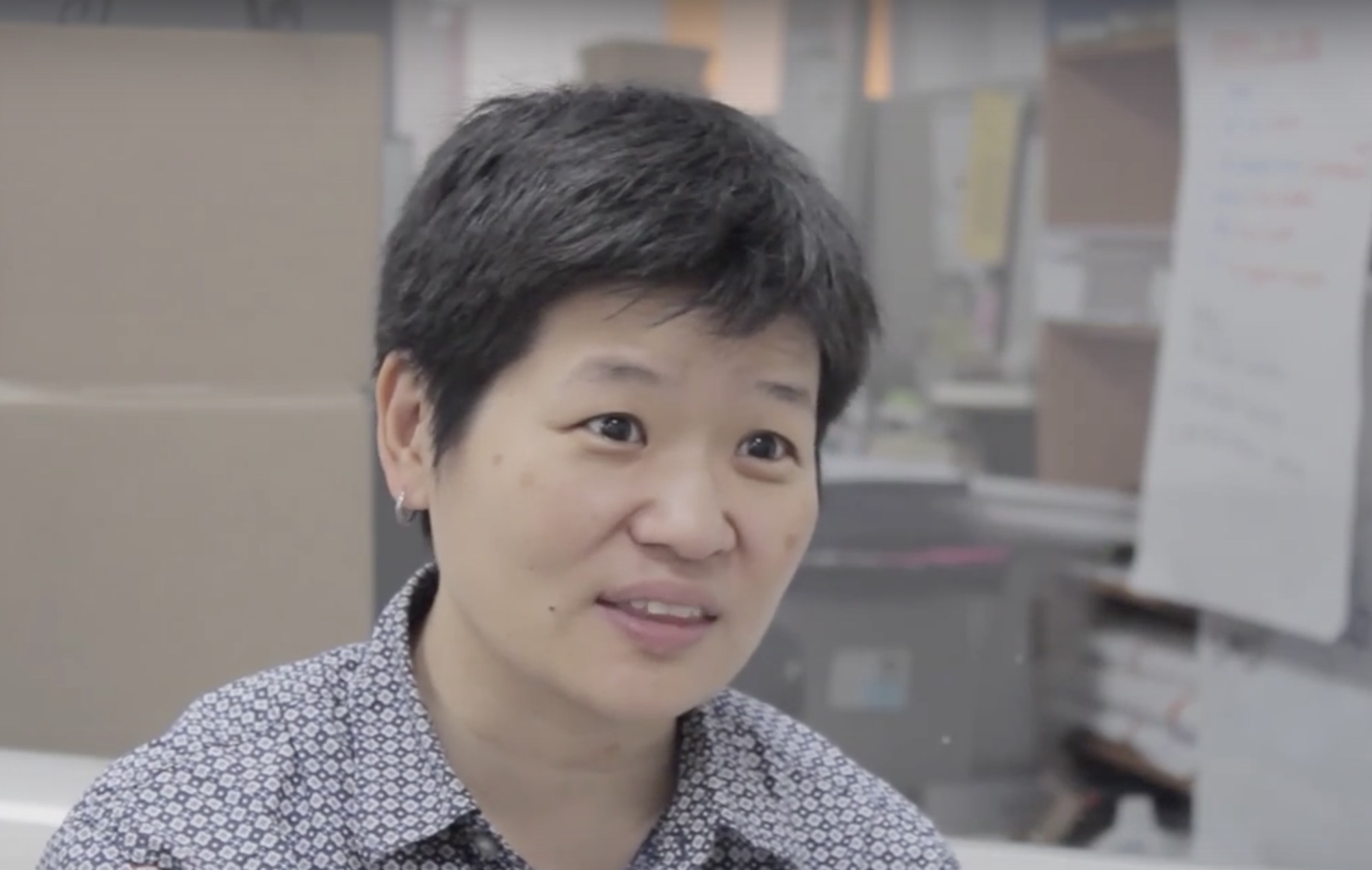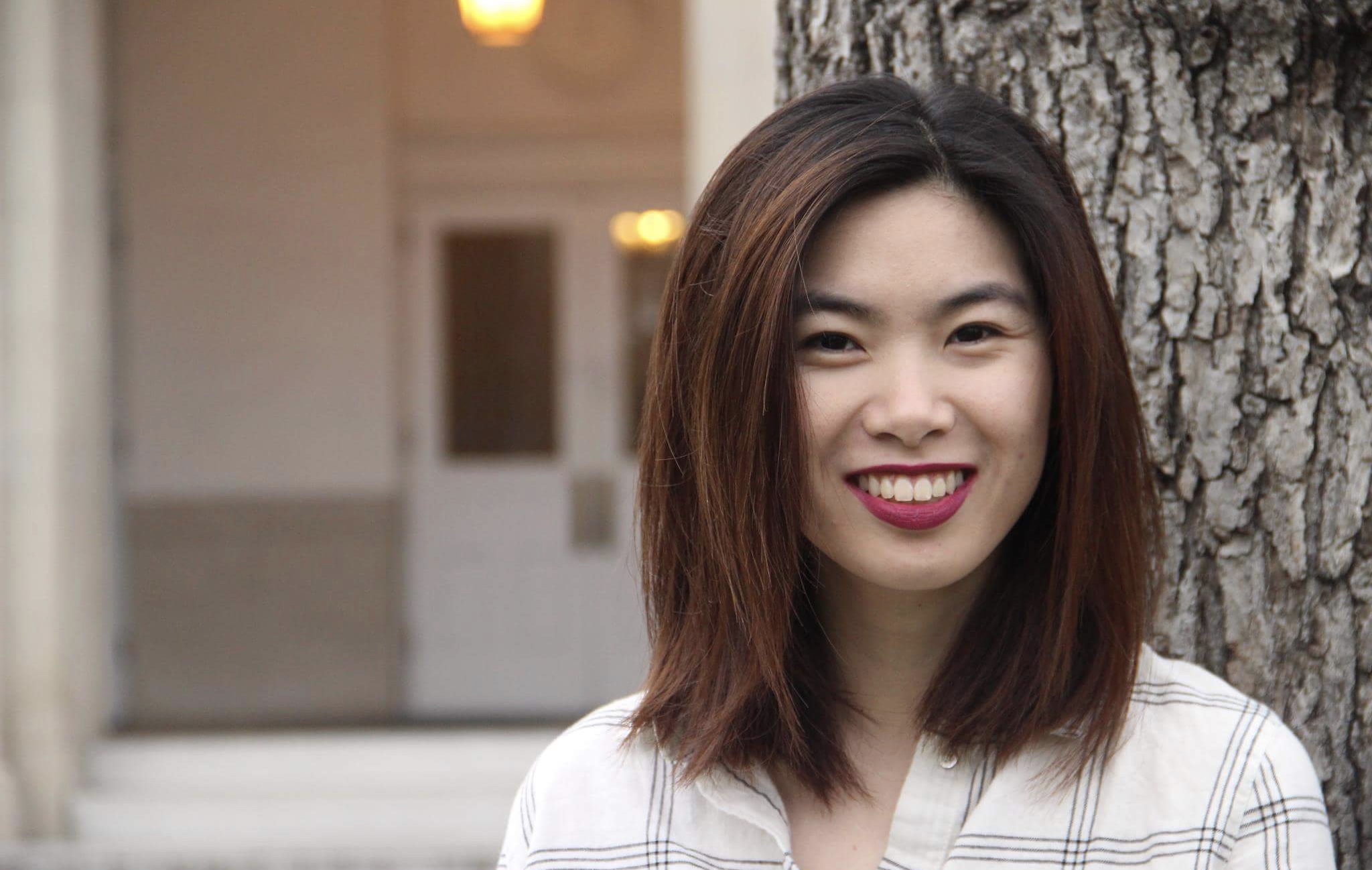
Mark Ro Beyersdorf
In the first days of 2009, I joined the herds of former Obama campaign staffers descending on Washington, D.C., as the city buzzed in preparation for his inauguration. I was a few days into a new job on Capitol Hill when an email from my father caught me off guard one morning at work. He and my mother were concerned that I might have a “sexual confusion issue,” he wrote.
I wasn’t sure what had aroused his suspicions, but I had indeed come out to myself the previous summer, just after graduating from Yale, and just before moving to Ohio to join the Obama campaign. In rural Darke County I had thrown myself into training volunteers and knocking on doors, putting the emotional aftermath of coming out on hold. But once Obama won the election, it didn’t take long for those pent-up emotions to explode. A close friend had romantically rejected me. Coming out at 22 felt embarrassingly late. I didn’t know how my family would react. When I opened that email, I wasn’t ready to come out to my parents, but I didn’t see how I could avoid it, so I responded: Yes, I’m gay.
I called my mother after work that day. She answered sobbing, unable to speak. I hung up after 30 seconds. A couple of weeks later she began bargaining: If I spent the next three years living with her and trying not to be gay, and if I still thought I was gay after that, she would accept it. I refused. She wailed, threatening to move to Korea and become a monk to forget about me.
My father fired off a barrage of emails with dramatic warnings like, “If you have crossed some line, you need to get back across it instantly. It may be that some people are genetically gay, and deserve toleration and respect. But I really don’t think you are genetically gay.”
Somewhere in this blur of phone calls and emails, I learned how my parents had discovered that I’m gay: My mother had read diary entries of mine scrawled with the pain of my first heartbreak. Clearly, I wouldn’t have chosen for my Korean immigrant mother, who speaks English as a second language, to find out that I’m gay through bewildered ramblings that I had penned while in the awkward throes of coming out.
I was still settling into my newfound queer identity when these circumstances pushed me to come out to my parents. But I tried to help them, passing along articles, website URLs and books on LGBTQ issues and doing my best to answer their questions.
It proved relatively easy to dispel my father’s misconceptions. What seemed to move him most were the coming-out stories of other gay men. I was still trying to make sense of my own coming out, so sharing the stories of others spared me from the vulnerability of having to articulate my own raw experiences. He was particularly taken by Kenji Yoshino’s Covering, an intimate memoir that took him through one man’s coming-out journey. These stories helped him appreciate that coming out was more complicated than being “genetically gay.” In a few months’ time, he began emailing me LGBTQ news stories, and a year later he was marching with co-workers as an ally in San Diego’s pride parade.
My mother proved more difficult. To her, homosexuality was an unfamiliar, white American condition. She’d ask questions like, “How do you know you’re gay?” And I’d stumble through answers that didn’t satisfy either of us. With my father I could offer books like Yoshino’s to help him digest my sputtering attempts at explanation, but my mother and I struggled through language barriers, searching for answers to satisfy her. I’d offer her the same books and URLs I gave my father, but she often found the vocabulary confusing or misinterpreted key points. Once, she clung to a reference to “sexual fluidity” as evidence that I could change if I wanted to. Phone calls spent trying to explain concepts like “sexual fluidity” often ended in yelling, tears or months of not speaking.
Sometimes it got ugly. I’ve always chastised my mother for not teaching me Korean. During one family road trip, she began lecturing me: “You can still learn if you try. Mrs. Jung’s daughter got really good by practicing with her boyfriend.”
“I guess I’d better find a Korean boyfriend,” I joked.
Before I could say another word, she reached over and whacked me across the nose with a rolled-up newspaper. I felt like a dog being punished for peeing on the carpet.
Our relationship went on like this for some time: misunderstandings erupting into anger and hardening into months of silence. As we cycled through these stages again and again, I struggled to balance helping her with protecting my mental health. When phone calls ended in tears or shouting, I was hounded by shame and guilt over my inability to help her, and I second-guessed whether I was being patient enough, supportive enough. When we weren’t speaking, I worried for her well-being.
I can’t pinpoint exactly when, or how, or why, but at some point my mother began to ease into a tentative acceptance of my sexuality. A couple of years ago she told me that she’d accepted my sexuality but was still struggling to come to terms with it. That’s still where she is. I know she’d prefer that I were straight, but at least I can reference being gay without her crying or changing the subject. And sometimes there are sweet, if awkward, stabs at advice. Last Christmas she sat me down for some lessons on life and love: “One, don’t get AIDS; two, don’t date older men.”
I’m proud of the distance my mother has traveled over the past five years. As I was coming out, more than one person told me, “White parents always come around, but you never know with Asian parents.” But during my journey with my parents, I’ve seen the vast gap between the resources available to each of them and the visibility of LGBTQ people in their everyday lives. Both my parents reacted hysterically when I came out, but there was a huge infrastructure of resources and support groups to help parents like my father: white, third-generation Americans, uneducated about LGBTQ experiences but open-minded. There was no comparable infrastructure to support parents like my mother: immigrants who speak English as a second language and have little exposure to LGBTQ people. Our story offers a glimpse at the difference that these resources made in one family.
That’s why I joined the Dari Project, an organization that works to create acceptance and awareness of LGBTQ Korean Americans in the Korean-American community. And today, May 2, 2013, Dari Project has released the first bilingual anthology of LGBTQ Korean-American stories. These stories touch on uniquely LGBTQ Korean-American experiences like coming out to immigrant parents, grappling with homophobia and transphobia in the Korean church, and a gay bashing in Koreatown. Resources like this are precious in minority communities, where it is rare to see our stories gathered in a book like this one. Our collection will offer LGBTQ Korean Americans stories they can see their lives reflected in and help immigrant parents like my mother understand LGBTQ experiences just as Kenji Yoshino’s memoir helped my father. I hope our book and the growing number of resources like it will take my mother and me one more step on our journey together and make life a little bit easier for all LGBTQ Korean Americans and our families.
![]()
This story was reposted with permission. It was originally written for the Dari Project and versions of it originally appeared on Huffington Post and KoreanAmericanStory.org
Categories: LGBTQ


